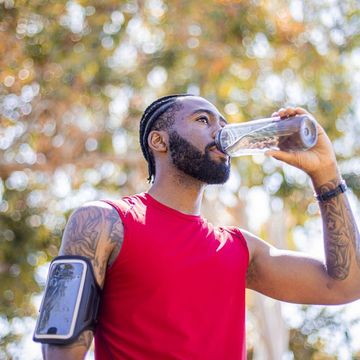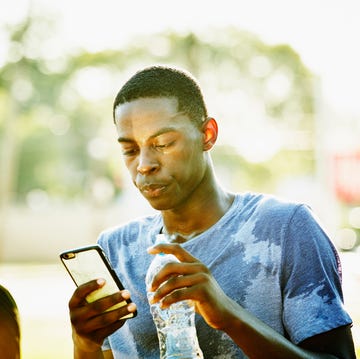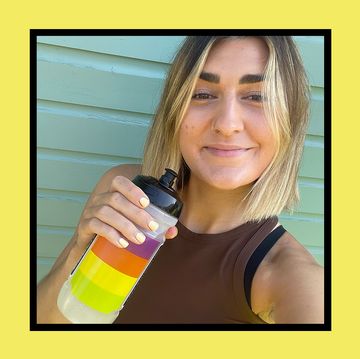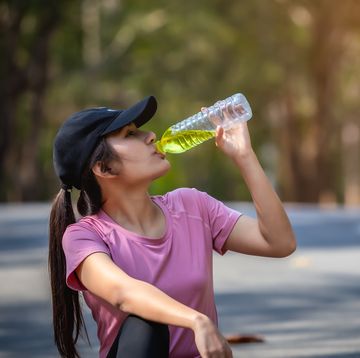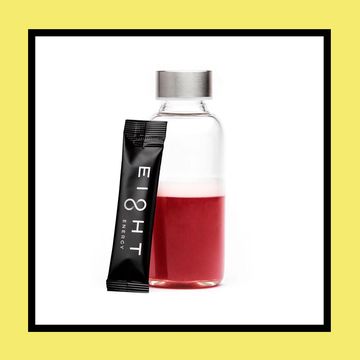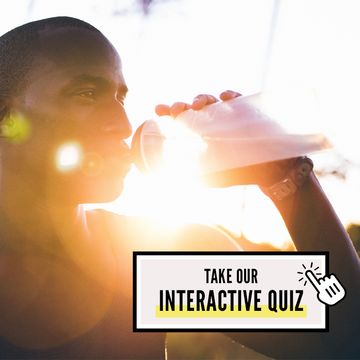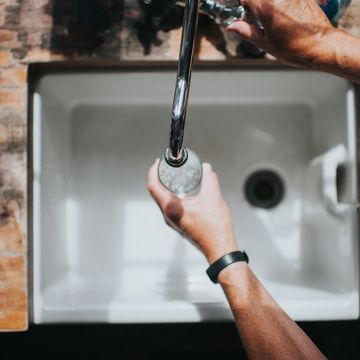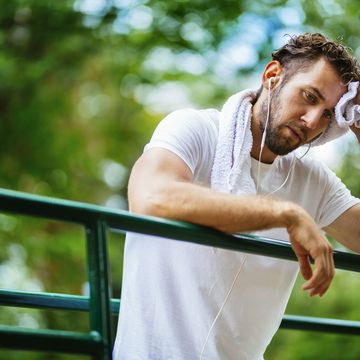When do you need to give up alcohol before running a marathon? A question that has, and will continue to divide runners. To help separate fact from fiction, we asked qualified nutritionist Kim Pearson Runners World, Part of the Hearst UK Wellbeing Network:
Firstly, it’s important to remember that there is no hard and fast rules when it comes to how long before a race you should stop drinking alcohol. It’s important to find out what works for you. Take time to consider how booze affects you personally and how this impacts on your training. If you’re not sure, try keeping a drinks diary and note down how you feel after drinking to see if there's a link between energy levels, mood or running performance and the amount you’re drinking, (or when you don’t drink at all). This will guide your decision as to whether cutting down or a complete ban is the best move for you.
Consider what your goals are for the race and think about whether it’s worth making the sacrifice to completely cut out alcohol, or whether reducing your intake or monitoring it will suffice. For example, if the race is about having fun with your friends or completing a distance for the first time, you will have a different approach to discipline than if you’re aiming for a PB or running competitively.
How much is too much?
Ideally in the run up to a race you will avoid over-indulgence completely, which would count as anything over two or three small glasses of wine, because of the resultant hangover, dehydration and recovery, which could all impact your training. So you need to ask yourself whether you’re the kind of person who can moderate your intake. Can you have just one glass of wine with friends? Or will it turn into a bottle? Be honest with yourself and make your decisions from there.
If you’re going to drink, make sensible choices
If you are going to continue drinking some alcohol, choose your drinks carefully. Healthier drinks will lower the impact on your body and your running regime. Go for better quality, more naturally produced wines and spirits. Opt for dry wines which have a relatively low sugar content. Avoid regularly drinking beer, cocktails and alcopops. Too much sugar results in blood sugar fluctuations which can lead to energy dips, cravings and lack of concentration, all of which will be bad for your race prep and performance…
This is true whether or not you’re including alcohol in your diet, but staying hydrated is key to your race performance. If you are drinking, stay hydrated during and after.
How to minimise the effects of alcohol on your training
Drinking can compromise your sleep and temporarily reduce your body’s ability to store glycogen, which is vital for endurance. It could also make you more prone to injury, as alcohol can lead to higher levels of the stress hormone cortisol, which slows down the repair process.
If you are going to continue to drink during your training, putting an electrolyte tablet into a glass of water and sipping this alongside your drink can help limit dehydration. If this isn’t an option, try having one before you go out, and leave a glass next to your bed to have when you get home.
The age-old theory of lining your stomach is important too, as eating before you drink will help slow the release of alcohol into your blood-stream. Ideally, drink with a meal, or eat before drinking rather than feasting before you go to bed. Find more tips on The dangers of over-hydrating during a race here.



